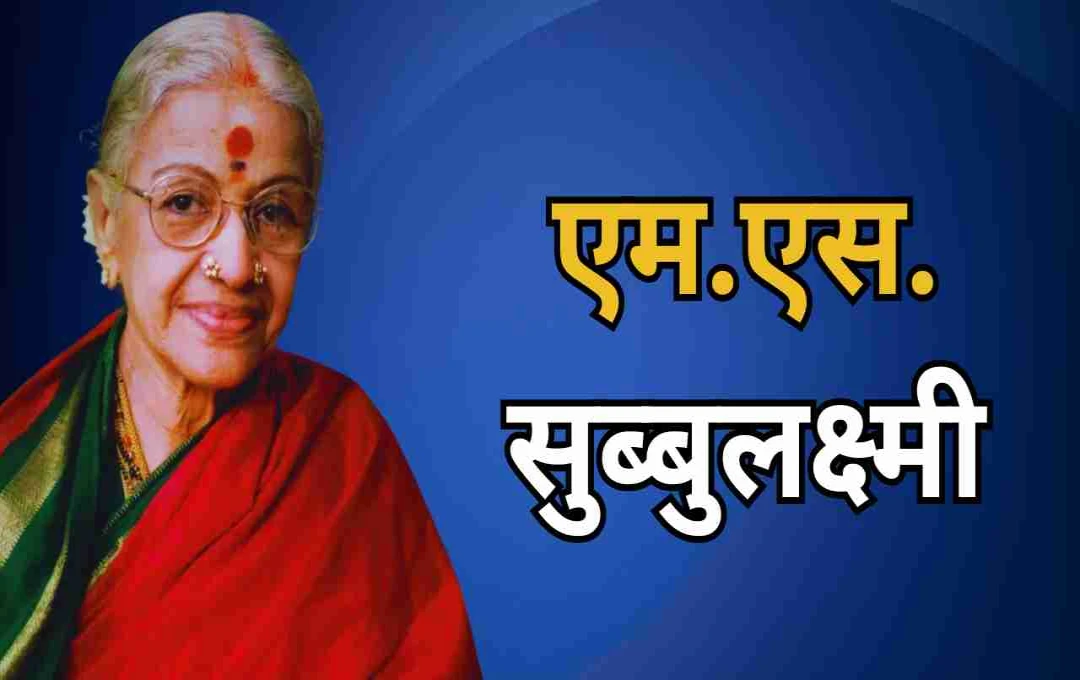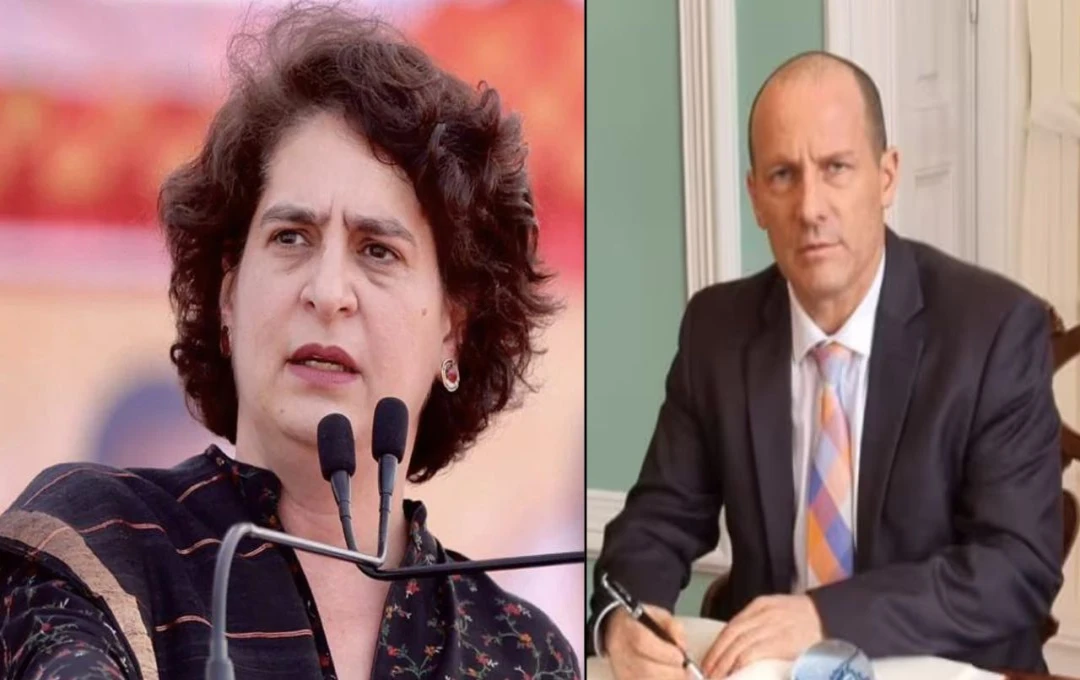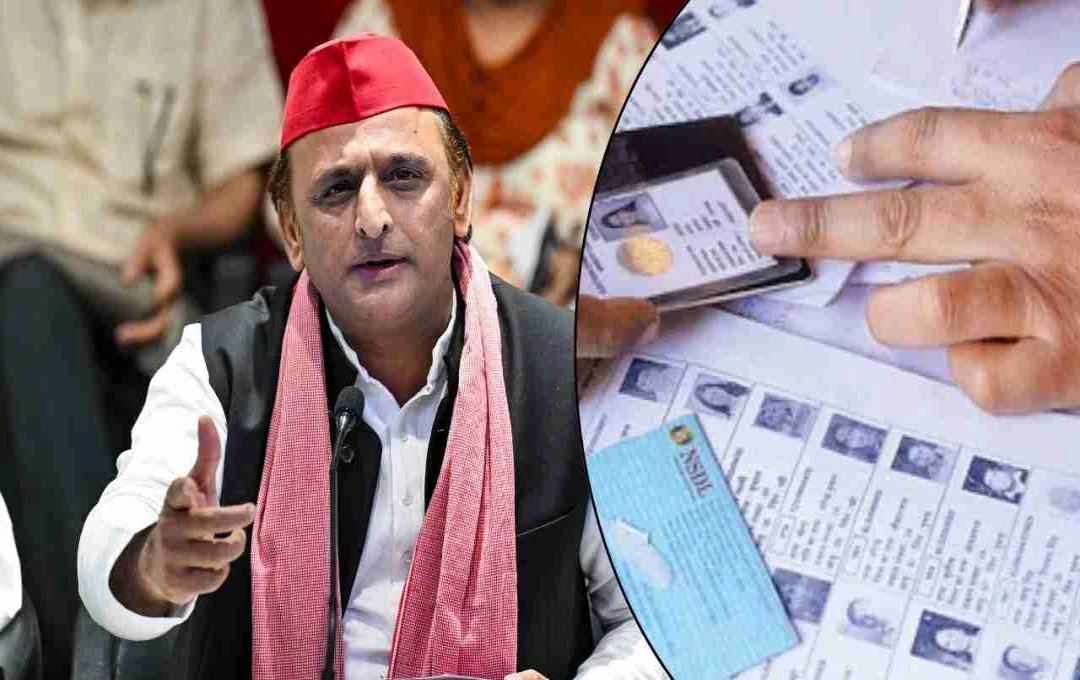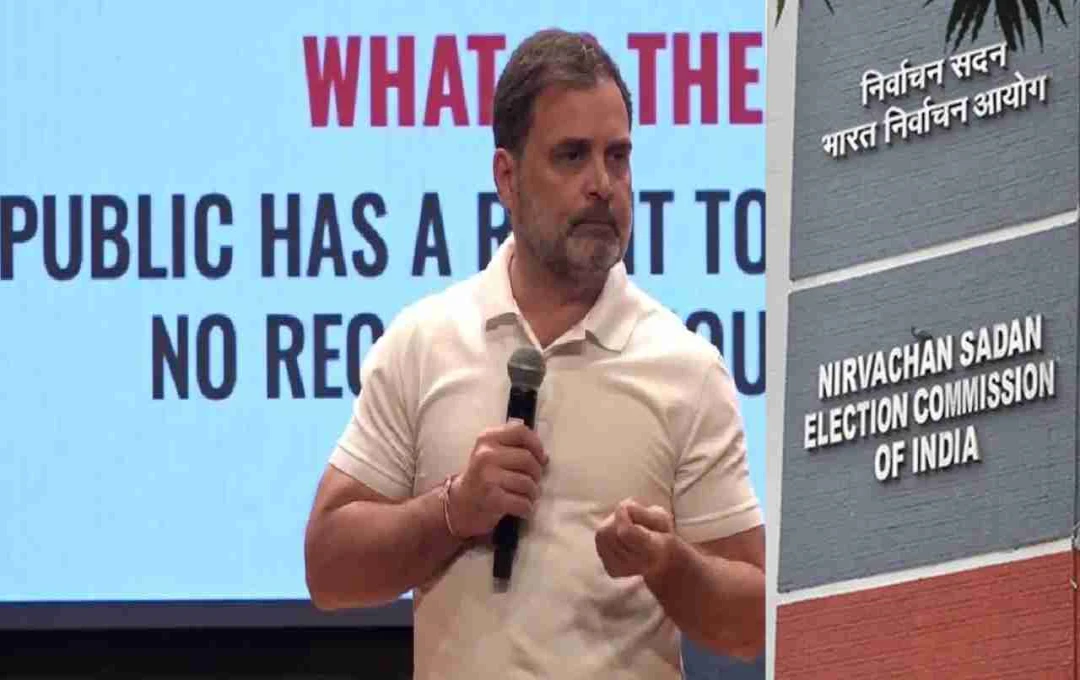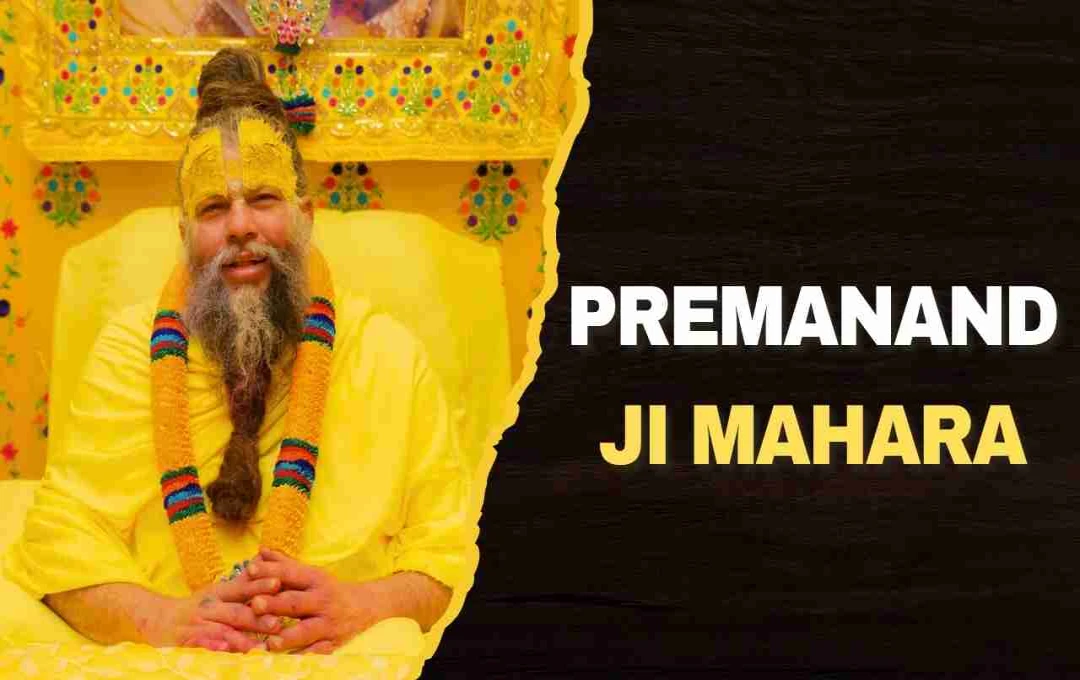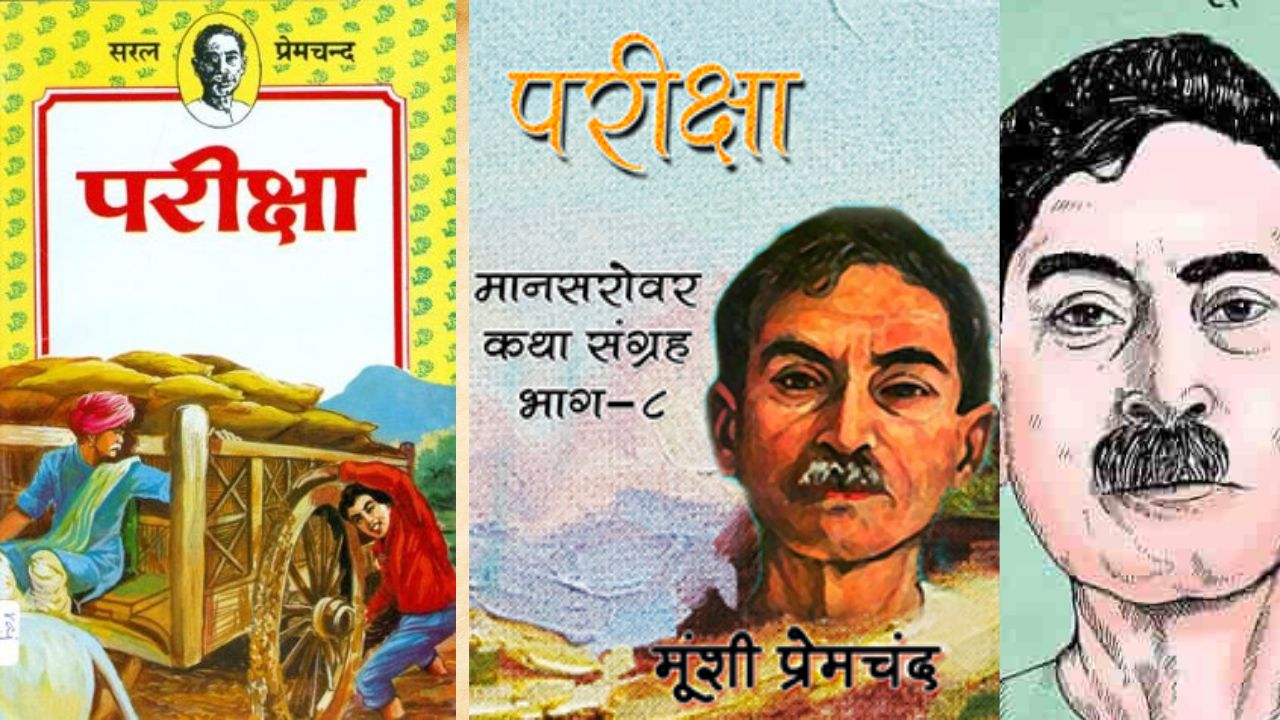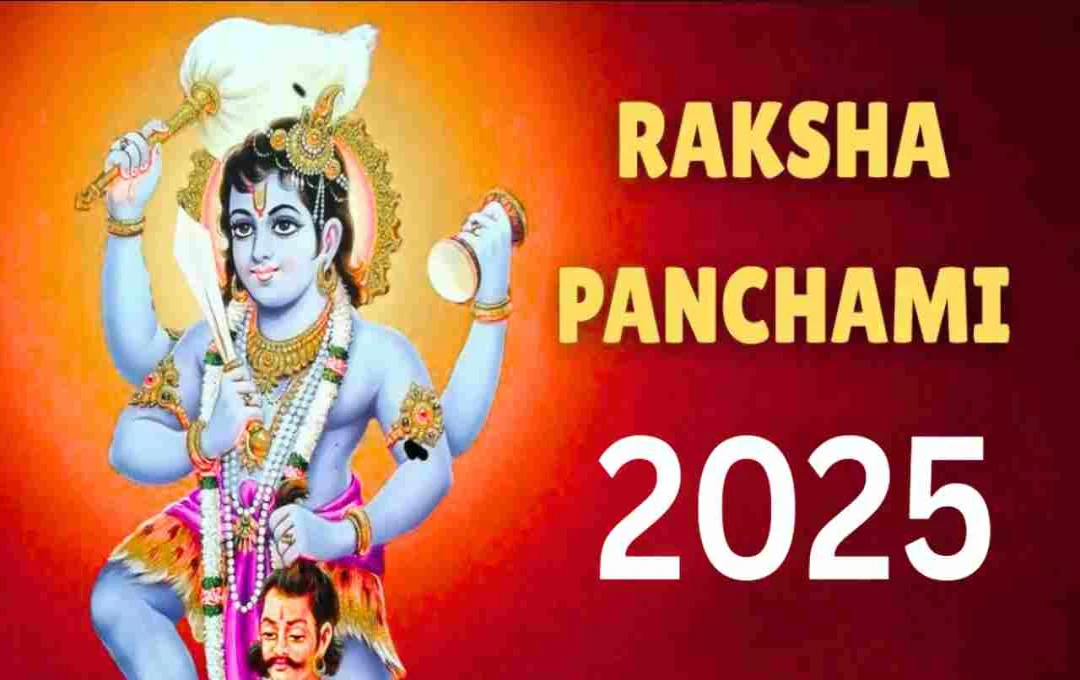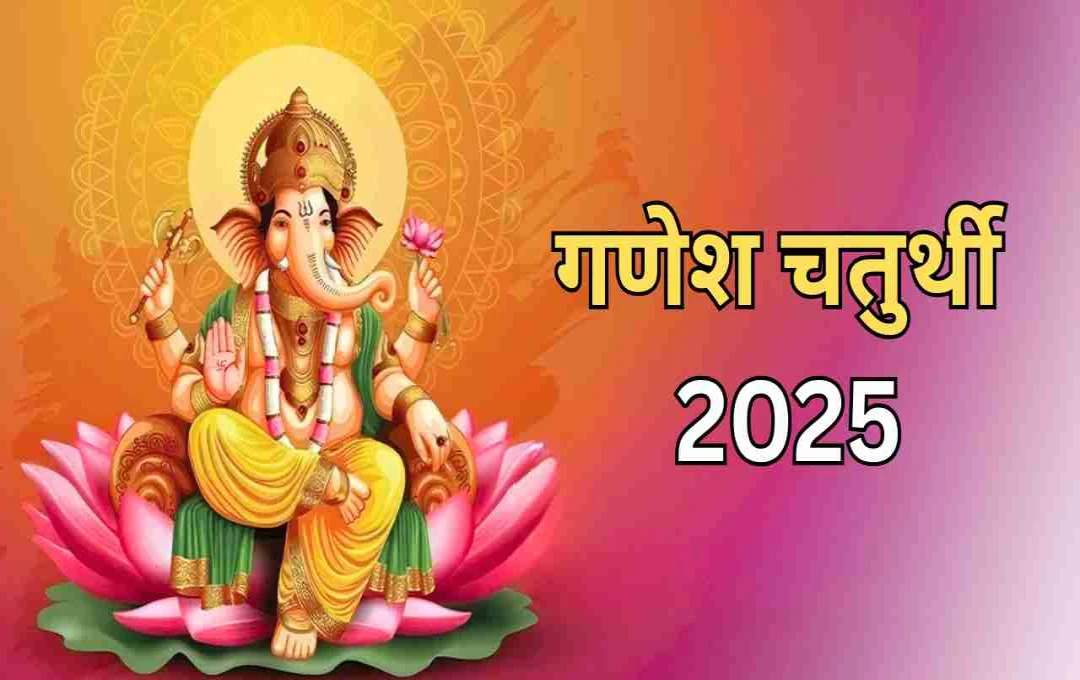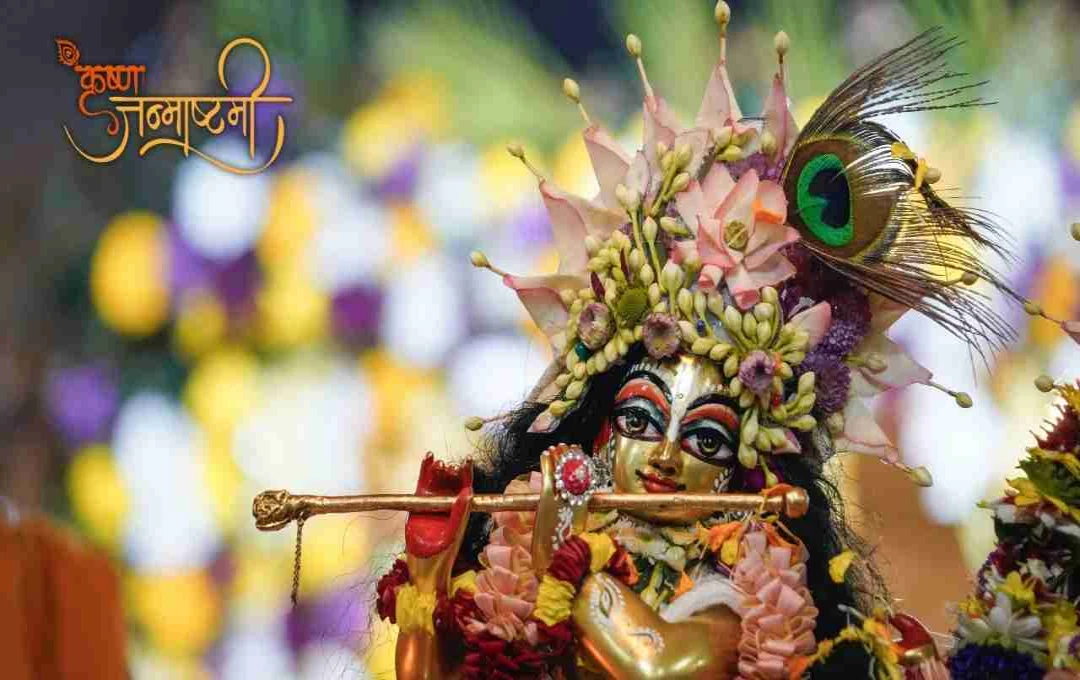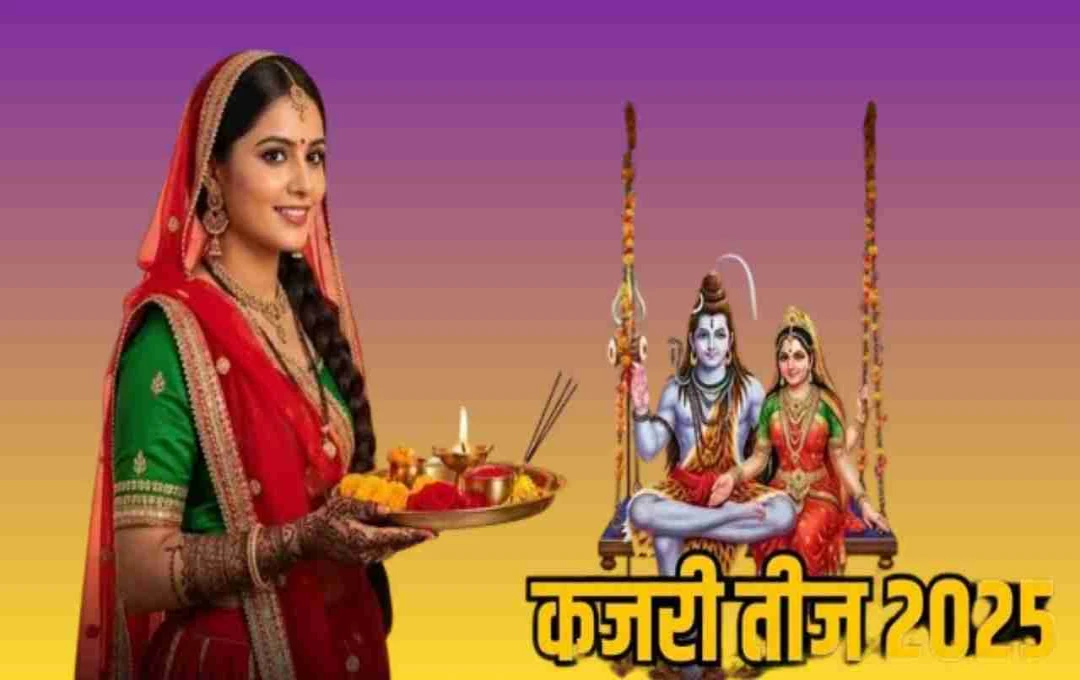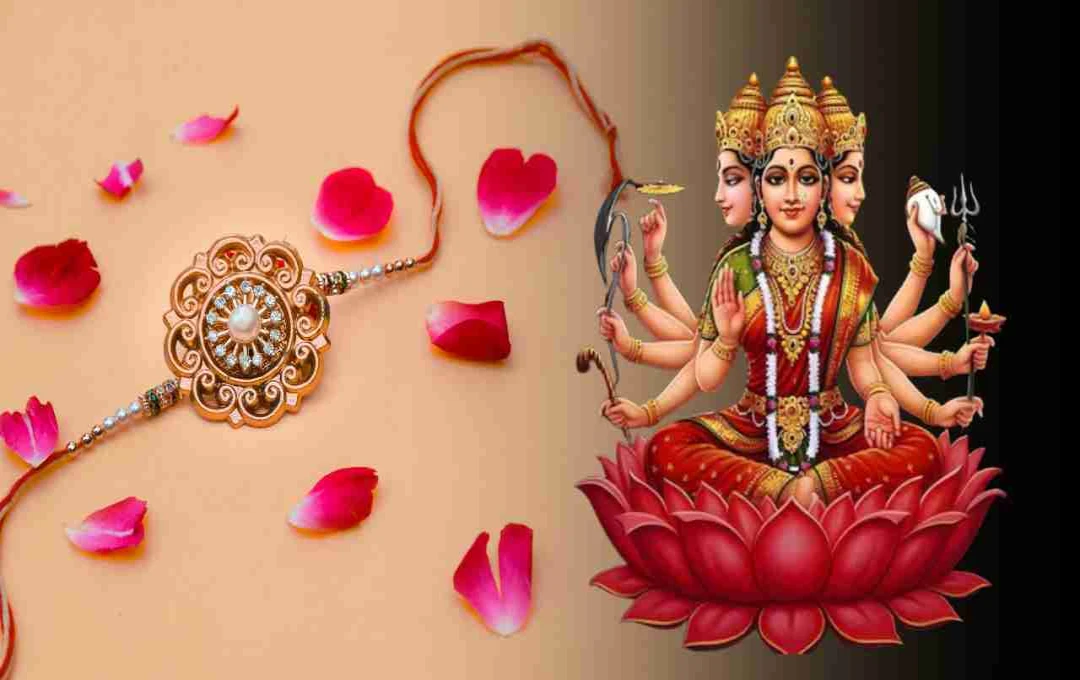If there's one name to be placed at the highest pinnacle of reverence and respect in the Indian music world, it is that of Madurai Shanmukhavadivu Subbulakshmi—known to us all with affection and admiration as M.S. Subbulakshmi. Her singing, her melodies, her devotion, and her life have all become invaluable jewels of the Indian cultural heritage.
A Lifelong Devotion to Melodies
M.S. Subbulakshmi was born on September 16, 1916, in the city of Madurai, Tamil Nadu, into a music-loving family. Her mother, Shanmukhavadivu, was a renowned Veena player from whom Subbulakshmi received her initial musical training. Music was as essential to her life as breathing. She released her first gramophone record at the tender age of 10, marking the beginning of her melodic journey.
In the realm of music, she received training in two distinct styles—she immersed herself in the depths of Carnatic music under the guidance of Semmangudi Srinivasa Iyer, while she learned the sweetness of Hindustani music from Pandit Narayanrao Vyas. This dual training bestowed upon her a unique position.
From the Musical Stage to the Global Stage
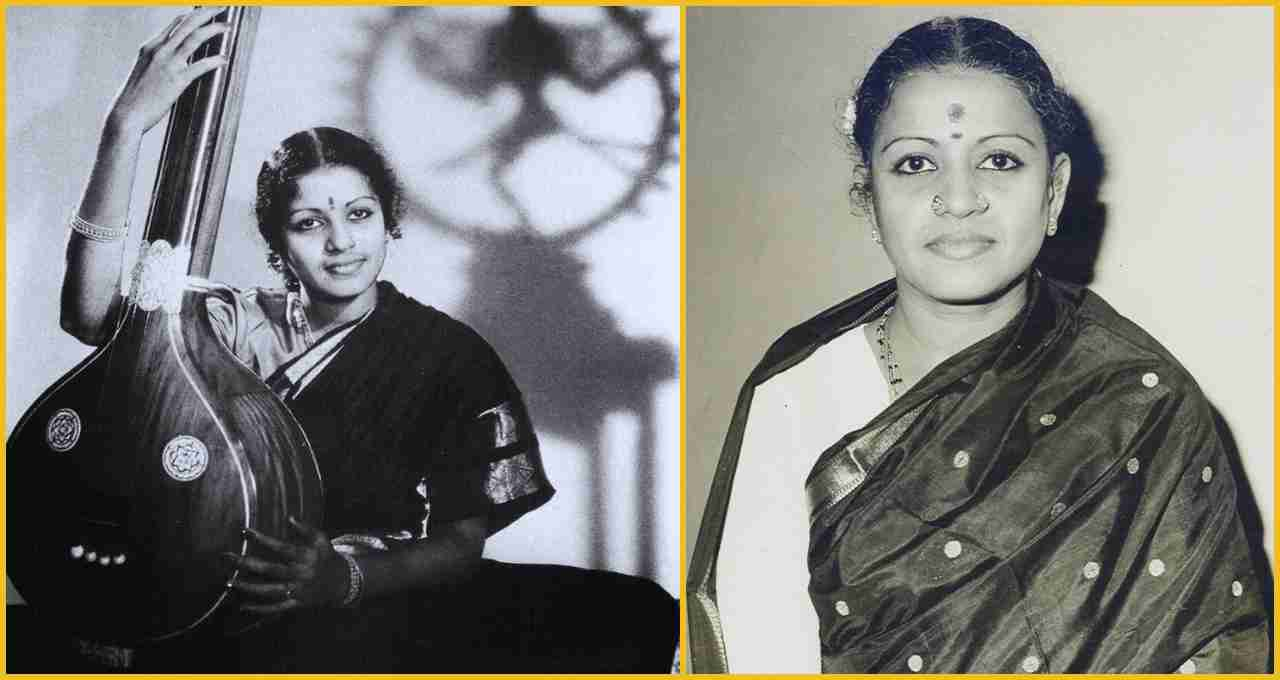
In 1933, at the age of only 17, she gave her first performance at Chennai's renowned Music Academy. Her voice and the presentation of devotional music captivated all the listeners present there. Following this, she sang devotional songs in almost all major Indian languages and recorded several memorable albums.
In 1966, she made history by performing at the United Nations General Assembly. She became the first Indian musician to achieve this feat. It wasn't just a musical program, but a historic opportunity to convey the resonance of Indian culture, tradition, and spirituality to the entire world.
Melodic Accomplishments in Acting as Well
Subbulakshmi also left her mark in the world of acting. Although she acted in a few films, her heart always remained devoted to devotional music and spiritual performances. In her famous 1945 film 'Meera', she played the role of the saint Meera and sang such melodious bhajans that still reside in the hearts of devotees. The way she sang bhajans like 'Payo Ji Maine Ram Ratan Dhan Payo' and 'Hari Tum Haro Jan Ki Bheer' with emotion and devotion still touches the soul of the listeners.
A Source of Respect for Great Personalities
Great souls like Mahatma Gandhi were also deeply influenced by Subbulakshmi's devotional singing. He once said, "If Subbulakshmi were to just sing 'Hari Tum Haro,' it would be more melodious to me than any other music." This statement not only reflects the beauty of her voice but also proves the spiritual power of her singing and the depth of her devotional sentiment, which directly touched the mind and soul.
Honors and Achievements
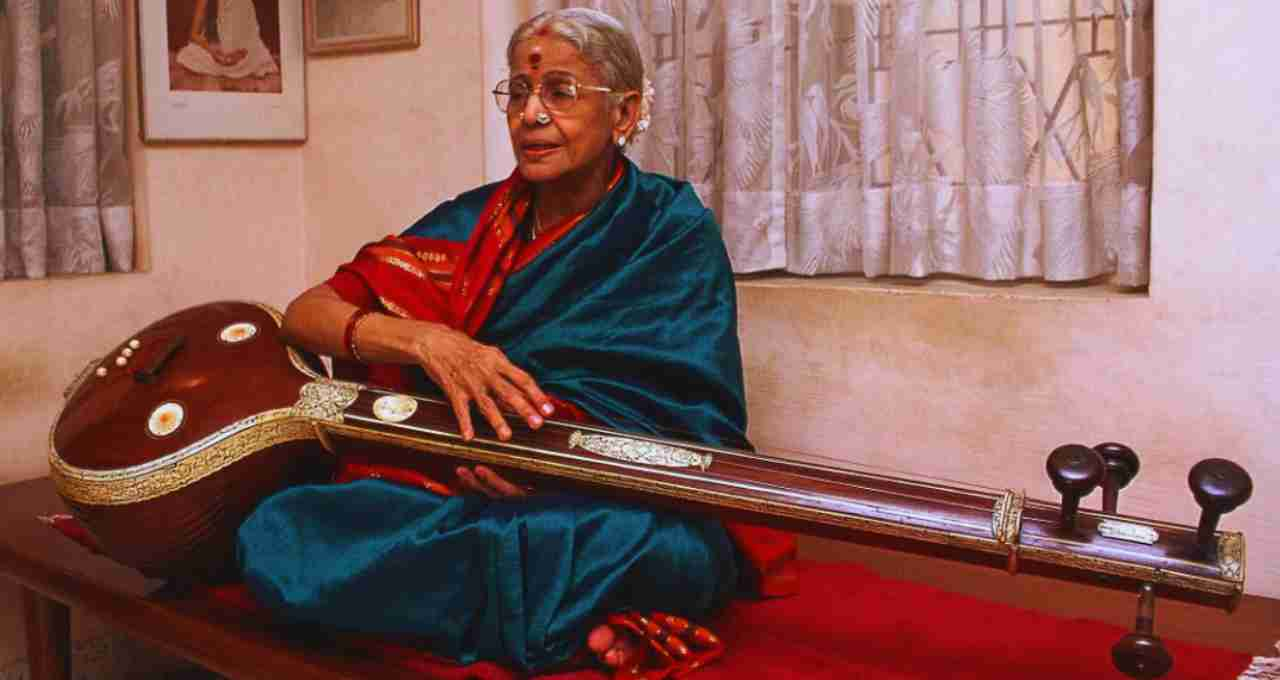
M.S. Subbulakshmi holds the distinction of being the first musician to be awarded the Bharat Ratna. The place she made in the hearts of India with her music and simplicity remains unwavering today. Her major awards and honors include:
- 1954: Padma Bhushan
- 1956: Sangeet Natak Akademi Award
- 1968: Sangeetha Kalanidhi (the first woman to receive this honor)
- 1974: Ramon Magsaysay Award (the first Indian musician to receive this award)
- 1975: Padma Vibhushan
- 1988: Kalidas Samman
- 1990: Indira Gandhi Peace Prize
- 1998: Bharat Ratna
The Final Moments of Life and an Eternal Legacy
On December 11, 2004, M.S. Subbulakshmi passed away in Chennai at the age of 88, but even after her passing, her sweet and devotional voice lives on in the hearts of people. The bhajans sung by her are still listened to with reverence in temples, religious events, and homes. Her singing was not just music but a soulful practice that touched the soul, providing spiritual energy and inspiration to people of every age and generation.
